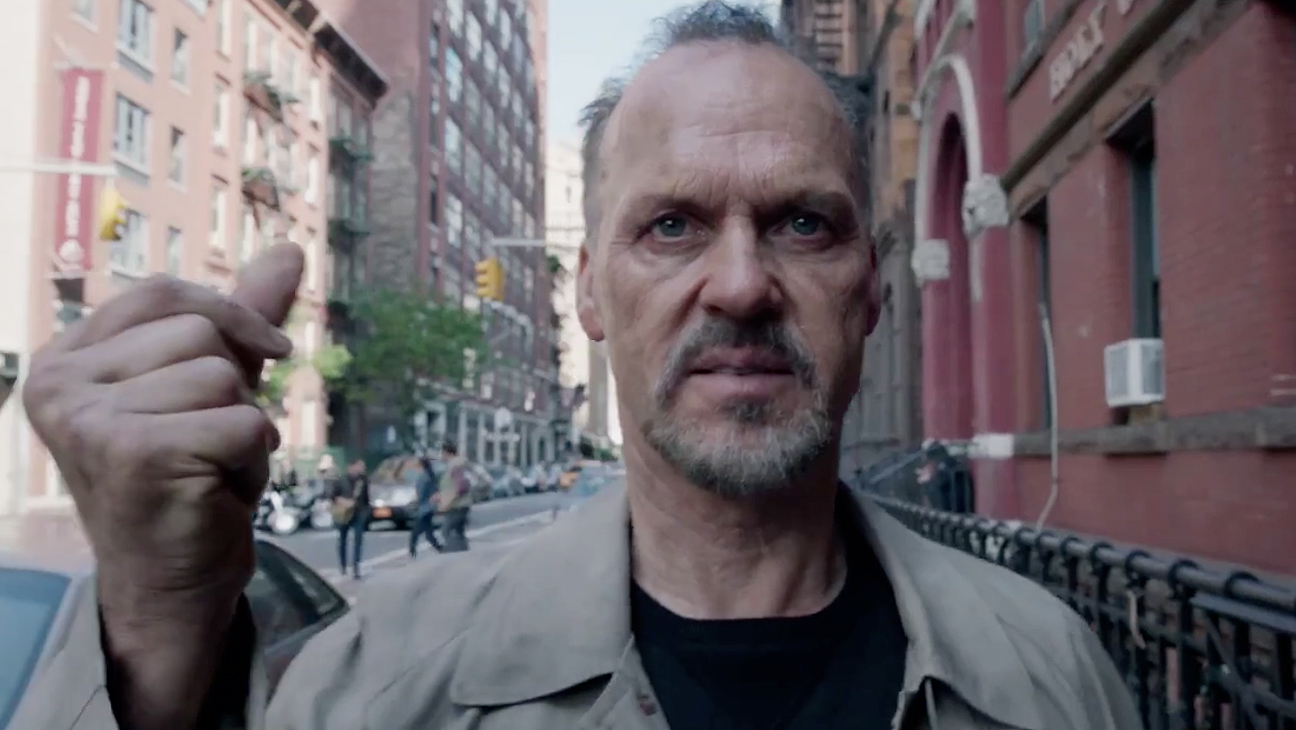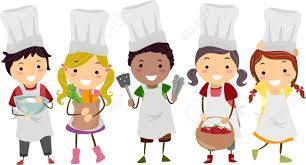As Group 6 is in the initial stages of contact with multiple community kitchens we thought we would share our achievements and objectives of the week:
Weekly Achievements
- We managed to expand our search into Arbutus Ridge and Fairview with Sarah’s help. (Yay!) Our group has been looking at finding more kitchens in those areas since we could not find enough just in Mt. Pleasant. I guess you could say we haven’t had the most pleasant experience with finding kitchens in Mt. Pleasant.
- Since we’ve been warming up to each other we’ve been continuously getting better at communication and there’s more involvement from everyone in the group. This has been helpful in splitting up the work and having each others back in our blog.
Weekly Objectives
- As with last week, we are still planning on contacting more kitchens with the hopes that we will have enough that will respond to us and with to have human contact with us. This has been challenging but, as mentioned in our weekly achievements, we have more hope after adding other areas to our list of possible searches.
- Some of our group members have already planned on visiting a few kitchens that have graciously allowed us to visit and survey them so this week will be mainly focused around that. If things go right, we will have finished all our surveying by the end of next week.
“I went to a bookstore and asked the saleswoman, ‘Where’s the self-help section?’ She said if she told me, it would defeat the purpose.”
― George Carlin
In this week’s podcast, we embarked on a journey to Extremadura, Spain to relive Eduardo Sousa’s immortal – ethical foie gras.
This segment of the podcast begins with the vivid depiction of foie gras, fatty goose liver. This French delicacy is obtained by forcibly tube feeding a goose for weeks until it is stuffed and its liver balloons to the size of a small football, a process termed gavage. Gavage is seen as cruel and inhumane, so when Dan Barber, a decorated chef, heard about an alternate way to produce foie gras naturally, he was in disbelief.
Dan travels with a journalist to Spain to meet Eduardo, the man behind the madness, who he finds “crooning” to the geese. In short, Eduardo’s methods are ingenious but painfully simple – he allows the geese to live on his farm believing that they are free. This is the most important point that Eduardo stresses time and time again, if the geese are free they will naturally gorge themselves in preparation for Winter and all Eduardo has to do is to surround them with the delicious food they require. Sounds like common sense, but why haven’t more producers used this method? Because it is extremely risky and not very profitable; Eduardo loses roughly 30% of his geese to predators and other externalities by not building fences or feeding them directly, God’s Tax.
What do foie gras and God’s Tax have to do with Food Systems class projects and The City of Vancouver?
Eduardo’s methods speak to both flexibility and autonomy, he may have developed the idea to pander to the mindless demand for ethical food but most likely it was because the liver tasted better and he didn’t need to cause undue harm to achieve that ideal. In the podcast, Dan and Eduardo have very different approaches to the same situation and the crucial change in scope allowed Dan to broaden his perspective and tackle a previously unsolvable problem.
Currently, we are having trouble reaching the kitchens in our neighborhood. It is not a matter of contact but of connection as most kitchens have been generally unreceptive to our script. It’s clear that something has to change, perhaps we could increase the areas of interest and try harder OR we may need to modify the script. Asset-based community development has the right idea when it comes to providing communities with what they need but identifying those needs can be tricky. It would be reasonable to assume that kitchens may not initially enjoy the idea of “UBC student[s] working on a Food Systems class project in collaboration with the City of Vancouver” coming in and transforming their asset into a community kitchen, a perceived loss of autonomy. Connecting may require a gentler touch and attention to subtleties, the pursuit of harmony over domestication.
Back in Eduardo’s farm, wild geese would “come to stay” which elicited an astute remark from Dan, that in America a hog would never happen upon a factory farm and make that same decision; instead of forcing the goose to eat, Eduardo figures out in what conditions the goose would desire to eat more. Scope change is necessary and continuous, therefore, in the following weeks we will approach this project under different conditions, keeping in mind Gooseman Or the Unexpected Virtue of Autonomy.

Photo from: http://www.forbes.com/sites/markhughes/2014/10/24/review-birdman-tries-too-hard-to-say-too-little/
Upcoming strategies and achievements
- We contacted around fifteen different community kitchens via phone calls and(or) emails during the last two weeks, most of them did not respond, some of the numbers that were listed were incorrect or not available. We are now planning to figure out on why the phone connections or emails failed (possibly some community kitchens are no longer existing or numbers are incorrectly informed) and also we are going to brainstorm what we can do to fix the issue of not getting their response.
- Among these community kitchens, one of them answered and told us they will be giving us a call back. However, we have waited for the call for two days, and are planning to call the agency once more before week ends and if possible (hopefully) we will politely ask them for us to visit for an interview on kitchen’s facilities and how it is used etc.
- We will make sure that all group members are at the same step of this process (currently searching up more kitchens and giving them calls) and all are able to give quick responses by using Facebook groups/pages/messages. To update our individual work, we are successfully employing Google Doc as a place where we share our opinions and ideas to further the work.
- We are going to find more kitchens that will be more receptive to visits. We will also expand our search from just Mount Pleasant into Arbutus Ridge and Fairview. So far, we have not been able to set-up meetings with enough kitchens, so first we’re creating a list of additional kitchens in this area, and then we will proceed to contact them with the hope that we can make visits.
- If phone contact is not possible, we will (in pairs) plan to go visit a selection of community kitchens and determine whether we can ask the agency in question if they have a kitchen on location. If so, we will ask if they are willing to allow us to survey them on the usage of their kitchens facilities.
- We will attempt to make kitchen visits as soon as possible. Once these visits are completed, we will come together as a group and share information found through the surveys. We will be prepared to compare different areas in our range to see if there are similar kitchens, organizational structures, classes, volunteer vs. paid worker ratios, etc. in the different neighbourhoods we are now looking at.
- We will accumulate information about the Arbutus Ridge and Fairview areas, including statistics about who lives in the neighbourhood, age demographics, and average income. In doing so we may be able to understand better our ultimate findings in how the kitchens are set up and currently used in the different areas, because these variables depend on the community’s needs.
- As a team, we will make sure that every member in our group stays optimistic and is engaged so that every individual makes their own contributions to this Mount Pleasant and Arbutus Ridge Community Kitchen Project.
